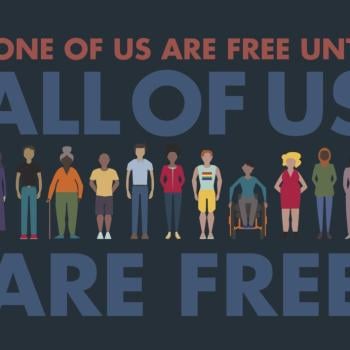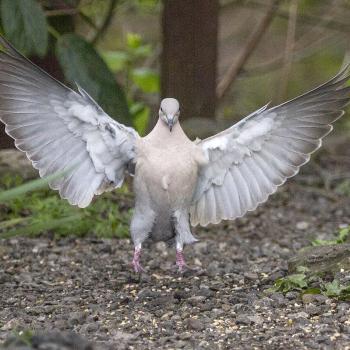After the terrible tsunami of December 2004, the archbishop of Canterbury said something that the world needed to hear: "We can't see how this [tragedy] is going to be dealt with; we can't see how to make it better. We know, with a rather sick feeling, that we shall have to go on facing it and we can't make it go away or make ourselves feel good." It was an admission that, standing before the mysteries of grace and life and pain and love, one feels very small and looks to faith.
Unfortunately, the headlines ignored that wisdom for the more sensational lead: "The Asian tsunami disaster should make all Christians question the existence of God . . . [writes] the Archbishop of Canterbury" -- and that bleak and unhelpful message was the one that traveled the globe. One sees such a willful distortion of a statement and understands that post-Christian, postmodern Europe has grown weary of being strong. She is nestled in the dark arms of the culture of death, reaching out for a pastel-colored injection that feels like love to her.
And so she will soon die, but it will be a lonely death, with the best possible face put on her end. An accident? A suicide? Who can tell? As foolishly moralistic America still debates abortion and resolutely refuses "assisted death," Europe is a sad Frenchwoman in bright lipstick, sipping a drink and crooning the torch -- and endlessly, endlessly, correcting our accents.
First printed at Inside Catholic, 2005. Elizabeth Scalia is the author of Caring for the Dying with the Help of Your Catholic Faith, a contributing writer to First Thingsand the popular blogger known as The Anchoress. Her much-loved brother passed away on the morning of January 14, 2005.





